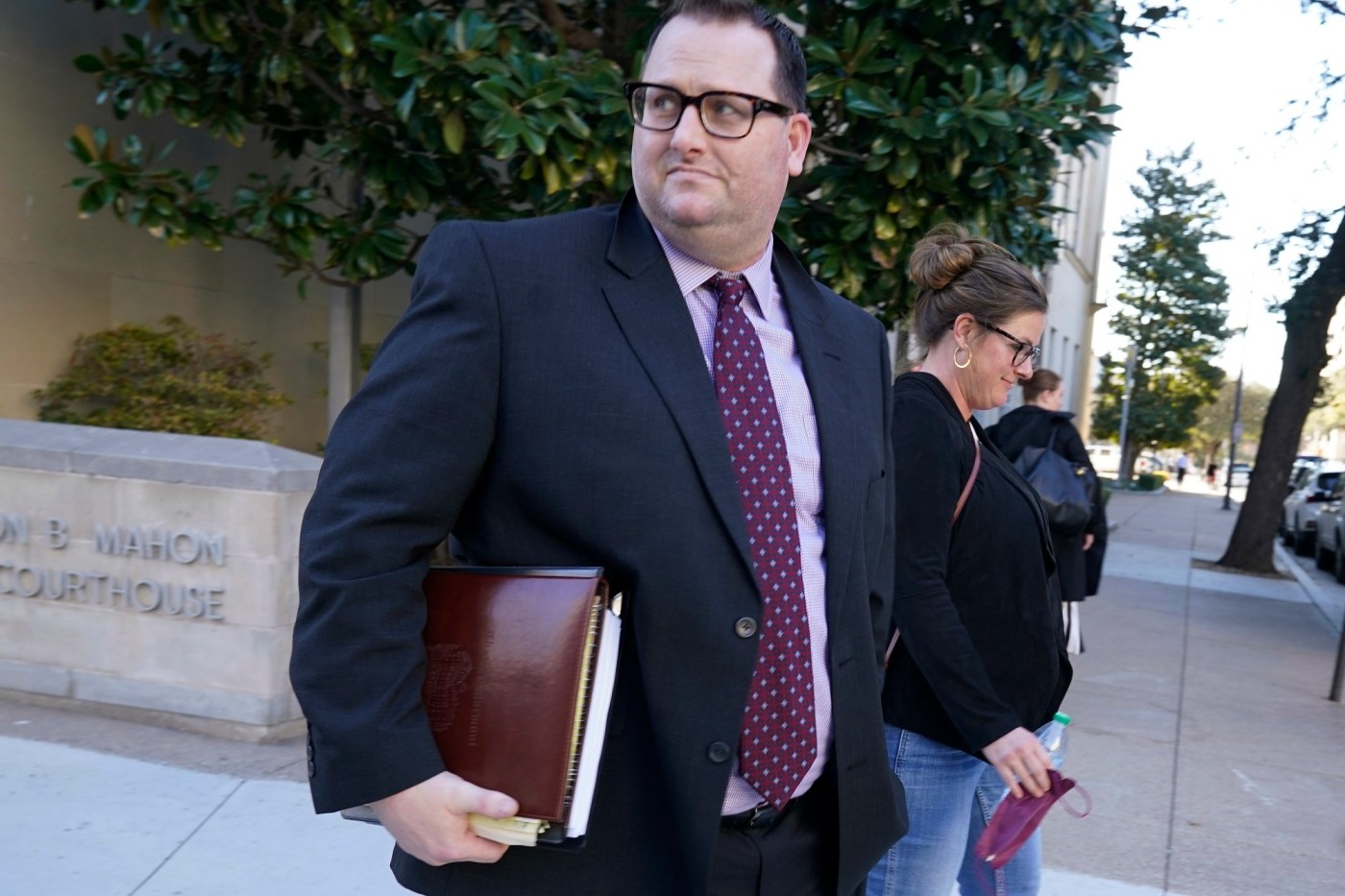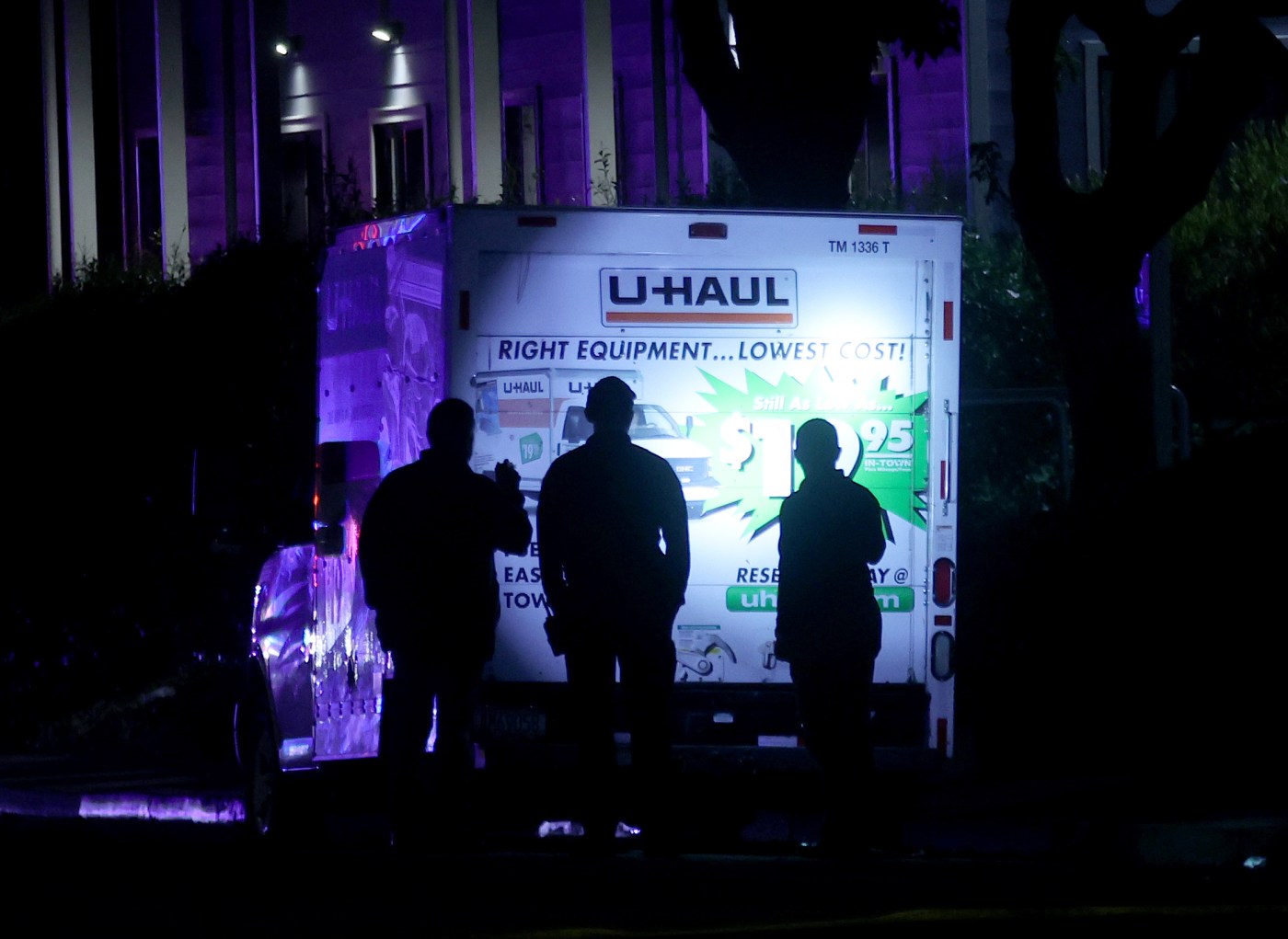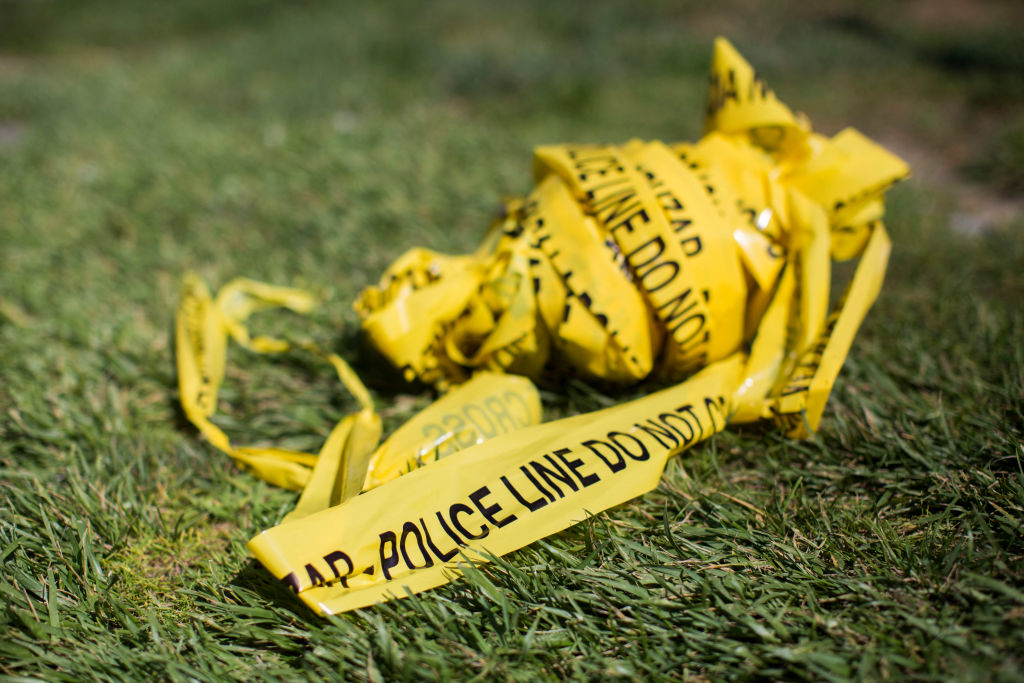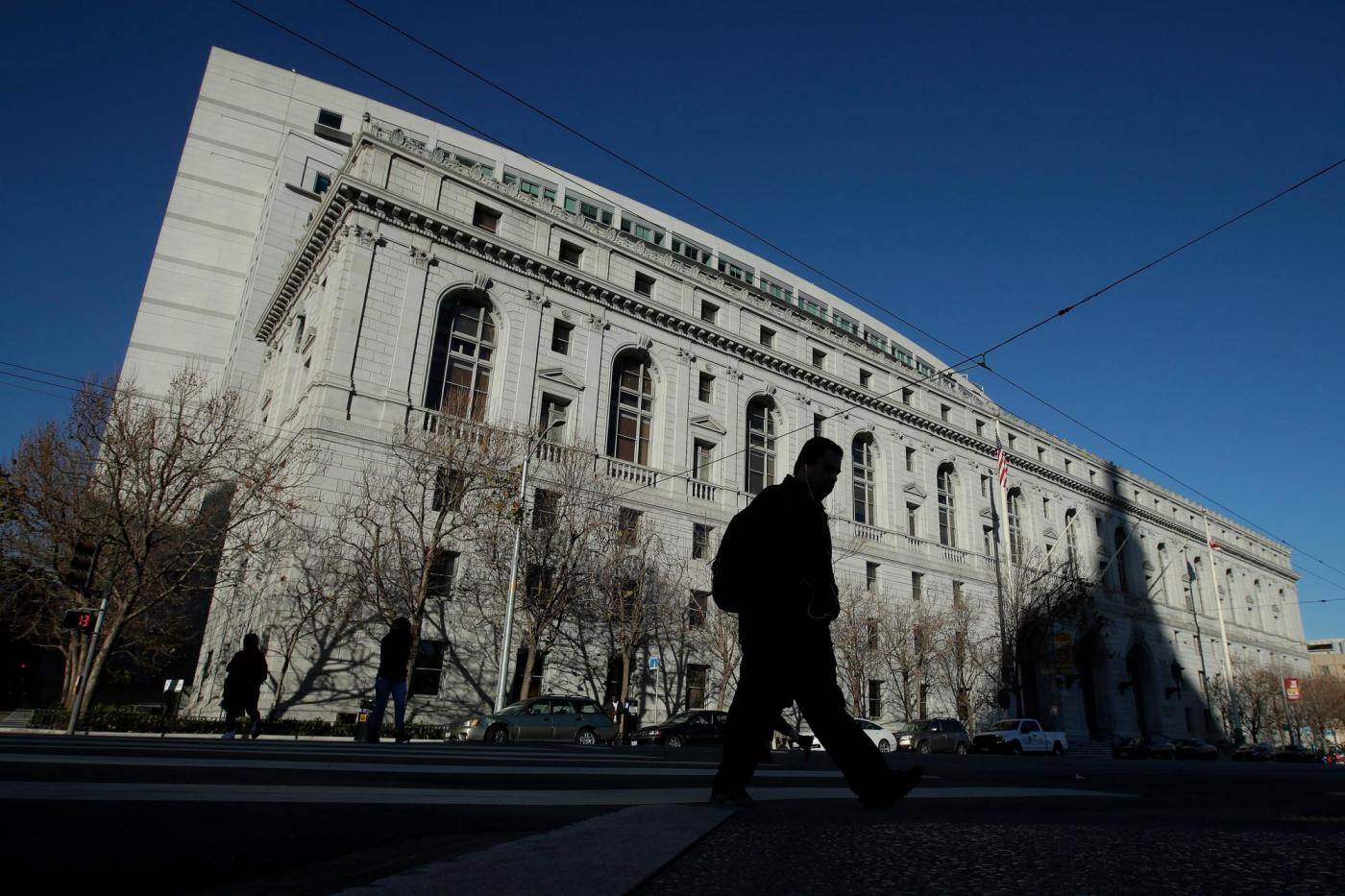A Los Angeles Angels communications director testified on Monday, Nov. 3 that reporting to upper ballclub management that Eric Kay, his longtime boss and mentor, had admitted to watching Tyler Skaggs snort drugs in the Texas hotel room where the 27-year-old pitcher was later found dead was the hardest thing he has ever done in his life, as the wrongful death trial against the club entered a fourth week of testimony.
Adam Chodzko’s decision to report Kay’s confession about his tie to Skaggs’ death ultimately led to a criminal investigation into Kay, who has since been convicted of providing Skaggs with a counterfeit pill containing fentanyl that led to the pitcher’s death. Six years later — as a civil jury in Orange County Superior Court is tasked with deciding whether the Angels should have known that Kay was providing illicit pills to players — Chodzko recalled his worry about how his decision to report the tie between Kay and Skaggs to Angels President John Carpino and then-General Manager Billy Eppler would play in the clubhouse.
Related Articles
A Bay Area blind woman asked for no damages when she sued for discrimination. But the county is now settling for $1.2M
Mom overserved alcohol before fatal plunge off Taylor Swift cruise: lawsuit
Justin Baldoni’s lawsuit against Blake Lively officially thrown out
California temporarily blocks Trump administration from ending school mental health grants
Court orders California university to reinstate women’s sports teams
“This isn’t the 1980s Mets,” Chodzko recalled Eppler replying, referencing a notoriously drug-fueled era for that New York ballclub. “We don’t keep these things a secret. You did the right thing.”
Kay, a longtime communications staffer, had returned to the Angels less than a month before Skaggs’ death, after going through outpatient rehab for an opioid addiction. Weeks after the death, Chodzko recalled seeing Kay at the ballpark, his hair a mess and sweat pouring through his red polo shirt. Chodzko said his stomach dropped when Kay, while Chodzko was driving him home, turned and said he had something to tell him about Skaggs.
Chodzko said he was told by Kay that before Skaggs was found dead on July 1, 2019, Kay entered the hotel room to find Skaggs with three lines of some sort of drugs on a hotel menu. Kay told Chodzko that Skaggs offered him a line, he declined, watched the pitcher snort all three lines, grabbed a beer and then left the room. Kay apparently did not tell Chodzko that he had provided an illicit pill to Skaggs, who died of a mix of fentanyl, oxycodone and alcohol.
“I was shocked and stunned — my head was spinning after (hearing) that,” Chodzko said of his reaction to Kay’s confession. “We are talking about lines of chopped-up drugs. I’m a PR guy. That is like a movie.”
Chodzko said he reached out to Tom Taylor, the Angels’ traveling secretary, and the two of them called Tim Mead, a longtime Angels vice president who had led the communications team before leaving less than a month before Skaggs’ death to join the Baseball Hall of Fame. Mead told Chodzko and Taylor that they had to inform Carpino, the team president, of what they knew, explaining that “We are all friends, but this is bigger than one guy,” Chodzko said.
The next day, Chodzko said he told Kay not to come to work, then joined Taylor in driving to Kay’s house. Chodzko said he almost convinced Kay to call Carpino himself, but Kay changed his mind and showered Chodzko with expletives.
“By the time I got John on the phone, his (Kay’s) demeanor had changed,” Chodzko said. “He used some colorful language and told me to do what I had to do.”
“It is still the hardest thing I’ve ever had to do,” Chodzko added. “I was worried people would look at me differently.”
Chodzko ended up speaking to Texas detectives and federal investigators, appearing before a federal grand jury and testifying in Kay’s federal trial.
Like other team employees, Chodzko acknowledged Kay’s at-times erratic behavior, but denied that he knew Kay was using illicit drugs. Chodzko and Kay’s other former colleagues say they believed that Kay had issues with his mental health and prescription drugs. Chodzko, in multiple texts, described Kay as “Dr. Jekyll and Mr. Hyde.”
“Eric had a lot of mood swings, a lot of good days and bad days,” Chodzko said. “One moment he would be in a good mood and happy. Another he would be a completely different person.”
Kay’s wife, Camela, testified late last week that Kay’s co-workers — including Mead and Taylor — were aware well before Skaggs’ death that Kay was distributing illicit pills and was addicted to opioids. Attorneys for the Skaggs family allege that the ball club’s decision to allow someone they allegedly knew to be a drug dealer on a team trip less than a month out of rehab led to Skaggs’ death.
Earlier on Monday, the jury was shown a video deposition in which Cecilia Schneider, a member of the ball club’s HR team, was repeatedly asked by an attorney for the Skaggs family whether she was aware of Kay’s drug issues prior to Skaggs’ death. Mead in 2017 had sent Schneider a text about Kay in which he mentioned that he had asked Kay to give him any drugs Kay had in his possession and that Kay had told him he “needed some to get him through.” Schneider acknowledged receiving the texts, and knowing at the time that Kay’s family had held an intervention, but said she wasn’t aware he had an issue with illicit drugs.
Schneider acknowledged that in January 2019 she sent Kay, at his request, the names of two addiction specialists, but denied knowing that he had a drug issue. Had she known, Schneider said she would have been required to report Kay under team and Major League Baseball policies.
“You have no idea that Eric Kay was struggling with addiction when you sent him these two doctors who specialize in addiction?” Attorney Daniel Dutko asked.
“Yes,” Schneider responded.
Attorneys for the Angels deny the club was aware of Kay distributing drugs, and blame Skaggs’ death on his decision to mix the pill he was given by Kay with oxycodone and an estimated 11 to 13 alcoholic drinks.
Testimony in the more than month-long trial continues Tuesday in a Santa Ana courtroom.





